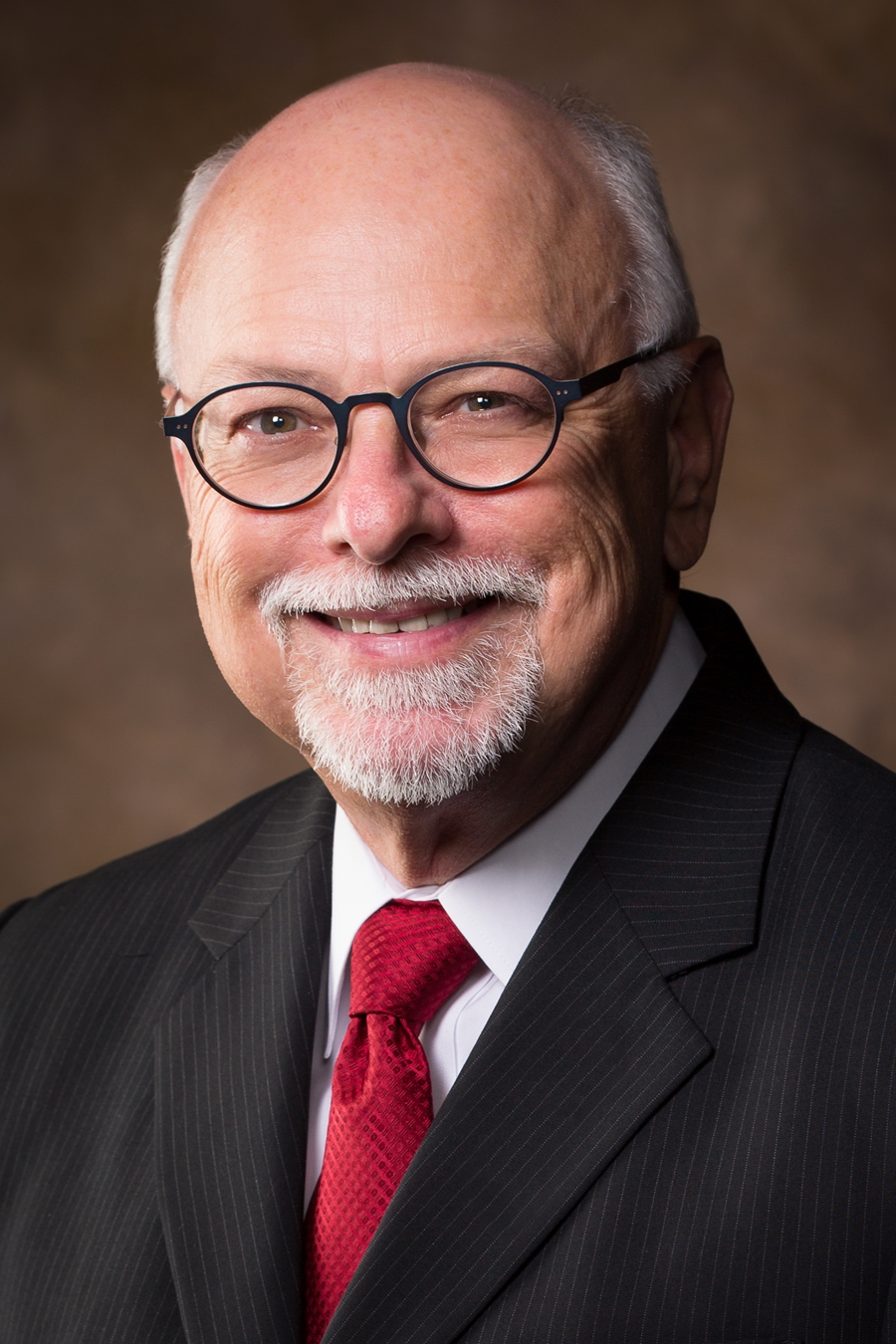Editor's Note: The following opinion editorial was published in the Arkansas Democrat-Gazette on March 4, 2021. It details the impact COVID-19 has had on college enrollment and some worrisome trends regarding the desire and ability of students to attend college in the future.
Our students and educators need our help - and encouragement
By Joe Steinmetz, Chancellor, University of Arkansas
As we all know, the impact of the COVID-19 pandemic has been profound, including more than half a million fatalities and widespread job losses. Slightly less clear has been the psychological toll resulting from prolonged social distancing, stress, and remote working and learning. All of these will need to be addressed in the months and years ahead, including the potential impact of this pandemic on K-12 students — specifically their desire and ability to attend college.
The initial impact of COVID-19 on college attendance is fairly clear. According to EAB, a research-based consulting firm that advises colleges across the country, we saw a 13% decline nationally in first-time beginning undergraduates between fall 2019 and fall 2020, with two-year colleges being hardest hit, declining roughly 21%. Given all the uncertainty surrounding last fall, including health and safety concerns, this was understandable. We have been fortunate at the U of A as we actually held steady.
For fall 2021, though, we're seeing some worrying trends. Nationally there has been an 8% decline in the number of Common Application submissions, a 16% decline in the number of filings for Free Application for Federal Student Aid (or FAFSA), and, perhaps most worrying, there is projected to be a 10% decline in the number of high school graduates in 2021.
The reasons for the declines are complex. Research indicates some of the factors include learning loss resulting from limited Internet access, lack of familiarity with remote learning leading to general unpreparedness, K-12 staff resources being spread so thin that one-on-one guidance counseling has been disrupted, and the loss of social infrastructure and peer encouragement that influences a student's decision to apply to college. As a state, we've made steady gains in increasing the number of Arkansans with college degrees and certificates. The risk now is that we might see diminished numbers, and consequent declines in individual income, health, happiness and longevity closely related to college attainment.
At the U of A, we are doing our best to reduce obstacles to college preparation. For instance, students with 3.2 GPA or higher do not need standardized test scores. Students who have 3.0-3.19 GPA, but no test score, can be considered test optional, if they complete an essay and provide a letter of recommendation. Students below a 3.0 need to have a test score, but they can use Accuplacer, an online resource that can be accessed through the university's website. We have also sponsored Free Application Days for Arkansans and students who receive free and reduced lunch. Finally, beginning fall 2020, we added an additional $5 million in need-based scholarship to support students from Arkansas.
At the same time, we're conducting daily Zoom visits with admissions counselors and meeting with financial aid counselors to help with the FAFSA. Additionally, we're holding virtual Tuesday Talks, which are attended by hundreds of students and parents. We are also offering virtual tours as well as in-person tours four times a day in socially distanced numbers. In short, there are many ways parents and students can still meaningfully connect to campus, and we encourage them to take full advantage of this.
Finally, we know U of A students, like their peers nationally, are reporting increased concerns related to their mental health. This includes depression, anxiety and general distress. They are also reporting decreased motivation and focus, which is impacting their academic performance, as well as increased feelings of loneliness and isolation.
Fortunately, the university has a variety of ways to assist with mental health and well-being, including counseling and psychological services, treatment and referral, education and outreach. That said, it's reasonable to believe that high schoolers are having similar struggles but may not have access to the same resources. These are the students I am highly concerned about, and the ones we should be reaching out to.
There's an old expression in sports: "Don't let them beat you twice." It means don't let the disappointment of one loss lead to another. The COVID-19 pandemic has already cost us far too much as a country. Let's ensure that we don't lose a generation of college students due to depression, anxiety, distress and lack of motivation. As we creep toward a post-pandemic world, we need to understand that students may need a little more assistance, encouragement, and guidance than they have in years past. And that there are many hardworking educators at every level every day doing their best for the future of Arkansas. Let's do our part to ensure these students and educators get the help they need.
Contacts
Hardin Young, manager of executive communications
University Relations
479-575-6850, hyoung@uark.edu
Amy Schlesing, director of strategic communication
University Relations
479-575-3033, amys@uark.edu
